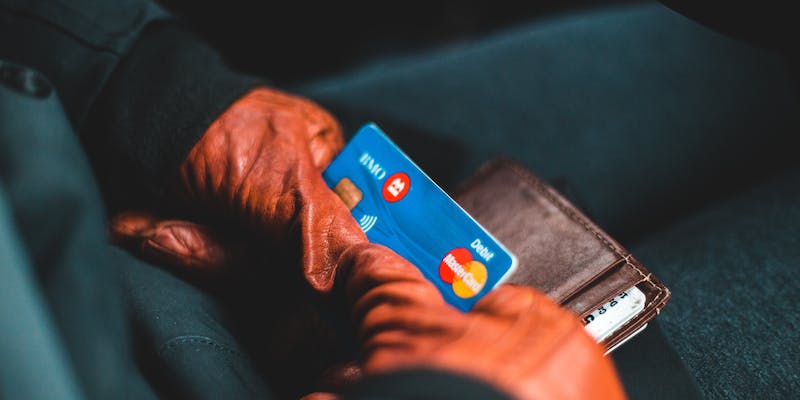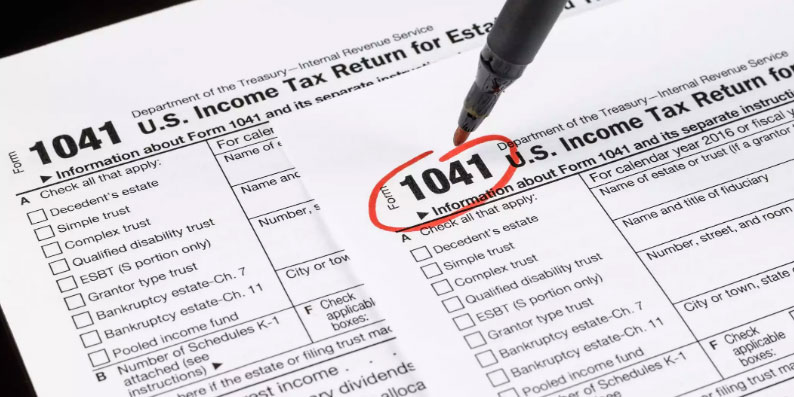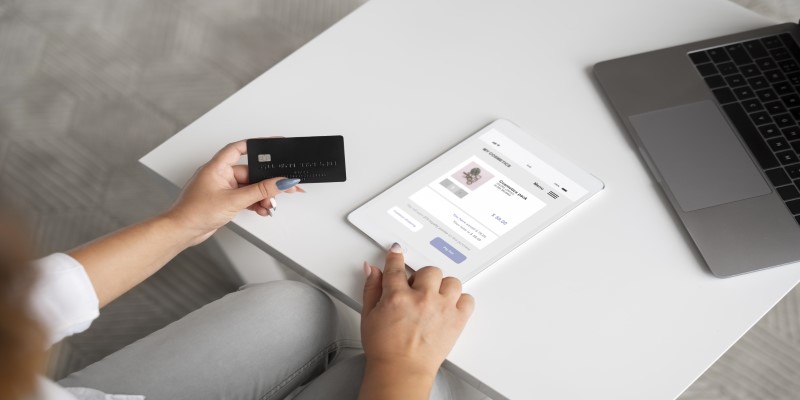Are you looking for a solution to your financial organization's woes? Do you need clarification about how to set up bank accounts to help you budget, save, and stay on top of your finances? You're not alone.
Setting up the proper bank accounts can be difficult even for people who have dealt with money for years. Fortunately, anyone can begin streamlining financial procedures with a few straightforward suggestions.
In this blog post, we'll discuss what type of accounts are best for different purposes, tips on choosing the best bank or credit union for your situation, and other helpful information to get you off to a successful start in staying organized with your money.
Understand your banking options and decide what type of account suits your needs
Knowing which sort of account best meets your needs is one of the first stages in setting up your bank accounts. The features and services provided by the various account types offered may differ. If you want an account that offers both checking and savings choices, for instance, a conventional savings or checking account would be appropriate.
However, an online account may be the best option if you want more features and services, such as debit cards or online banking capabilities.
You should also consider the fees associated with each type of account. Many banks offer different fee structures depending on the services you require. Before deciding, read and understand the fees associated with each type of account.
Research the different fees associated with various accounts

Having the right bank accounts can make a big difference in your financial health. The fees associated with different accounts can vary, so it is important to research the options available before making any decisions.
Some banks offer free checking or savings accounts, while others charge monthly maintenance or overdraft fees if you spend more money than you have in the account.
It is important to understand what fees you might be charged and how often so that you can decide which accounts are best for your financial situation.
Choose an online or physical bank that offers the services you need
When setting up your bank accounts, the first step is choosing an online or physical bank that offers the needed services. Consider convenience, mobile apps, ATM access, fees, and customer service when selecting your bank.
Explore savings accounts, checking accounts, and other specialized products

When setting up your accounts, it's important to consider the range of services offered. Look at savings accounts, checking accounts, and other specialized products such as high-yield savings and certificates of deposit (CDs).
Savings accounts offer a secure place to stash your money so it earns interest without growing too risky. Checking accounts offer easy access to your funds when needed, plus the convenience of a debit card.
CDs earn more interest than savings but require keeping your money in the account for a set period. Other specialized products may offer unique advantages depending on your financial needs.
Consider whether you need to open joint accounts or just individual ones
When setting up your bank accounts, it is important to consider whether you need to open joint accounts or just individual ones. If you are married, in a civil partnership, or have a business together, it may be beneficial to open joint accounts so that both can access the money and manage your finances together. However, if you do not need to open joint accounts, individual ones can be more convenient and allow greater financial control.
Think about what type of account you want.
When deciding which bank accounts to open, consider what account you need. Do you require an everyday transaction or savings account? Are you looking for a basic bank account with few or no fees?
Do you need a business checking account, an investment account, or other financial services? Once you're clear on the type of account you need, research and compare different banks to find the one with the best features for your purposes.
Ensure that the bank is secure
When setting up your bank accounts, ensure your financial institution is secure and reliable. Ensure that the account comes with deposit insurance from a government agency like the Federal Deposit Insurance Corporation (FDIC). This will protect your money in case of fraud or mismanagement by the bank.
Understand fees associated with different bank accounts
Different types of accounts come with different fees. Ensure you understand the fees associated with each type of account before deciding which is best for your needs.
Some banks offer free checking and savings accounts, while others may charge monthly maintenance or overdraft fees if you spend more than what's in your account. Knowing about potential fees can help you make an informed decision.
By following these steps, you can ensure that your bank accounts are properly set up to help you budget, save, and stay on top of your finances.
Understanding the different types of accounts available, researching fees associated with each type of account, choosing an online or physical bank offering services you need, exploring savings accounts and checking accounts, and ensuring the bank is secure are all important steps in setting up your financial life.
Researching accounts and other specialized products, deciding whether you need joint or individual bank accounts, and ensuring that the bank is secure are all important considerations when setting up your accounts. With research and carefully considering your needs, setting up a new bank account can be easier.
Set up automatic deposits and transfers to save time and money
If you want to save time and money, setting up automatic deposits and transfers for money going into your accounts is the way to go. This will help ensure that you always have enough money available when you need it; if bills or expenses are coming up, you can set up regular payments so they're taken care of without you having to do anything.
You can also set up automatic transfers between accounts, from your savings to your checking account, so you always have enough money in the right places. This will save you time and give you peace of mind knowing everything is handled.
FAQs
What is the 50-30-20 rule?
The 50-30-20 rule is a common guide for budgeting. This rule suggests that you allocate 50% of your monthly income to needs, 30% to wants, and 20% to saving It is not set in stone, but it can be a helpful tool for managing your money more effectively.
Which type of bank account is best?
The best type of bank account for you will depend on your financial goals and needs. Consider fees, interest rates, features, and customer service when deciding.
How should I manage my bank accounts?
Managing your bank accounts responsibly is important to avoid overdrafts, fees, and other pitfalls. Ensure you know all the fees associated with each type of account before opening one.
Set up automatic deposits and transfers, so your money goes where it needs to be without manually transferring funds from one account to another. Finally, stay on your accounts to regularly monitor the balance and transactions.
Conclusion
All in all, taking the time to understand what banking options are available and weighing your various account options allows you to make the most well-informed decision.
Researching everything from different fees to savings, checking, and specialized accounts allows you to make the best decision for your financial goals.
From automatic transfers and deposits to finding a bank that meets your needs, there is plenty of potential for efficiency and cost savings when setting up bank accounts.




